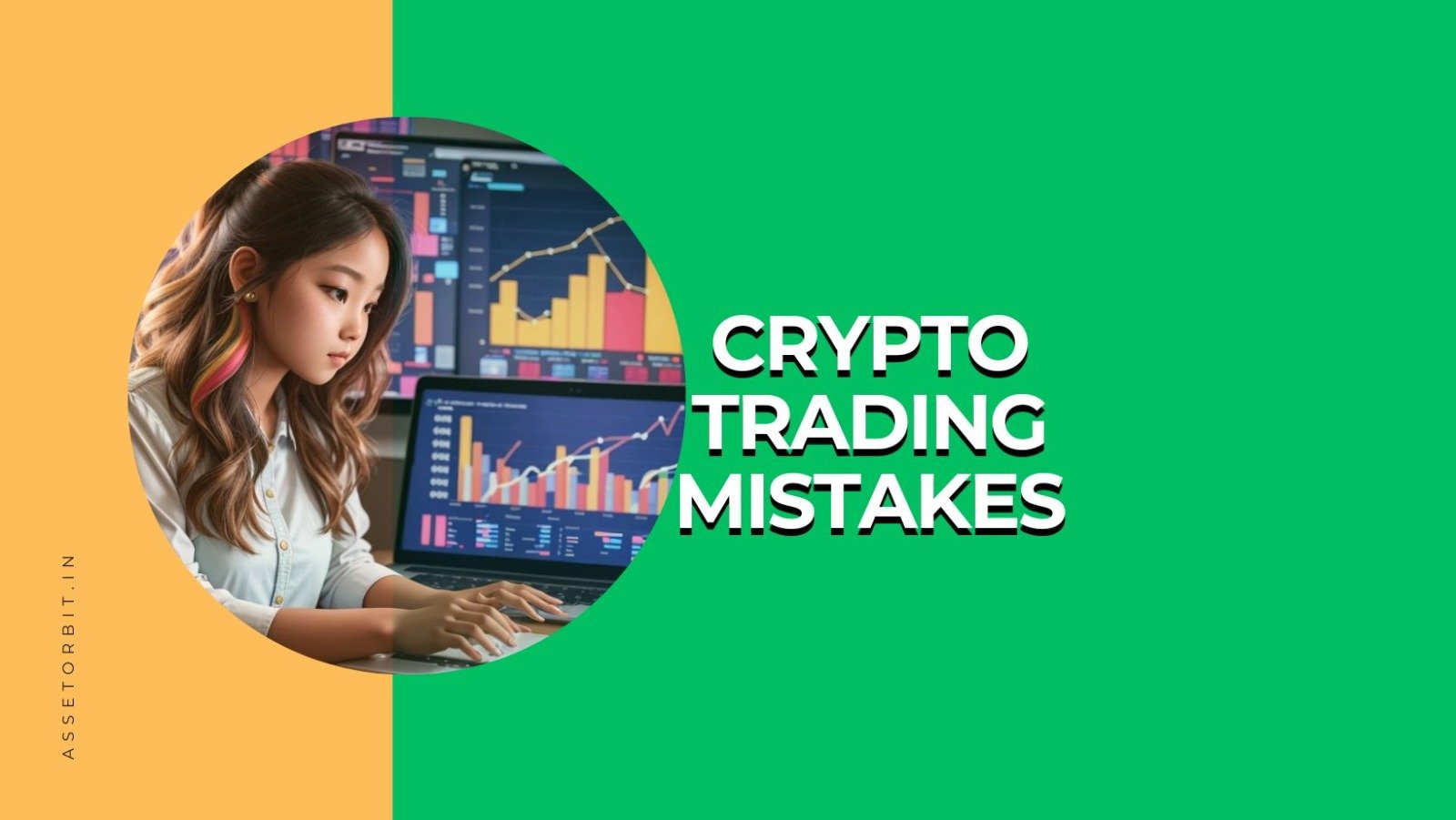To successfully trade cryptocurrencies, you must be knowledgeable, skilled, and determined. Common misconceptions include the belief that one can trade at the market’s bottom, neglecting the importance of practice, confusing trading with gambling, and failing to prioritize risk management and responsibility. To avoid these pitfalls, traders can utilize tools such as trading evaluations, long-term investment strategies, paper trading, and the ability to distinguish between trading and investing.
Cryptocurrency Trading and Mistakes
Cryptocurrency trading may appear to be a simple way to generate income, but it is not for everyone. It’s not enough to have a computer and internet access; you also need knowledge, skills, and the correct attitude.
Success does not happen suddenly; it requires effort and determination. While trading can generate rewards, it also carries hazards such as overexposure and imbalanced portfolios.
The crypto trading strategy uses the 20 EMA to find entry points, lower timeframes to refine them, and a stop loss to avoid premature entries. The strategy works for bullish and bearish day trading. Profit from trailing stop losses and price targets. Read more…
Trading Mistakes to Avoid
Mistake 1: Bottom Trading Trap
Many novice traders engage in bottom trading, with the intention of purchasing at the lowest price during a cryptocurrency’s decline. However, this method is dangerous and normally results in losses. Instead of attempting to time the market’s lowest point, prioritize long-term investment plans.
Mistake 2: Trading Without Practicing
Beginner traders frequently use real money before practicing. It is essential to use paper trading platforms and resources before risking real money. Developing a successful trading strategy based on risk management concepts and practicing paper trading can help traders prepare for the actual financial markets, reducing their risk of losing money early on.
Mistake 3: Differentiating Trading From the Lottery
Trading success is not a matter of chance; it is the result of strategy and preparation. Experts attribute their apparent success to lengthy research and experience, emphasizing the value of knowledge and dedication over chance.
Mistake 4: Trading and Investing Serve Different Purposes
It is essential to differentiate between trading and investing, as they serve distinct functions. While investors can average down their long-term asset positions, traders have to stick to certain risk levels and trade invalidation points. If a trade hits the stop loss, you must move on to other assets rather than averaging down, especially if you are following a trading strategy.
Mistake 5: Risks and Accountability
The potential for huge rewards draws many people to cryptocurrency trading, where they risk everything in the hopes of striking it rich. While successful transactions can result in huge profits, the reality can often be different.
If you act recklessly, it could lead to substantial losses that you can’t solely attribute to chance. To trade properly, you must take calculated risks and be accountable for your actions; avoid the temptation to risk everything on a single trade.
Mistake 6: Emotional Trading
Beginner traders frequently suffer from emotional responses to market changes, especially when experiencing losses. It is essential to develop the ability to take losses and quickly move on to the next trade without focusing on previous results.
Failure to regulate emotions might lead to rash decisions and future losses. To thrive as a trader, you must create stop-loss orders and stick to them, avoiding emotional decisions that might damage your account.
Mistake 7: Avoid Blindly Following Crowd
Avoid blindly following the crowd, as this might lead to unnecessary expenses. Expert traders leave trades when they become overcrowded; however, beginners may be hesitant to go against the crowd or continue trading for longer than necessary. Don’t blindly believe the trading experts or those who manipulate you.
Mistake 8: Lack of Portfolio Balance
Expert traders recognize the need to keep a balanced portfolio to reduce the danger of losing everything. It is essential to allocate your assets wisely. Rebalancing your portfolio according to your investment plan guarantees that you stay on track with your goal asset allocation, even though it might seem challenging for beginner investors to grasp the concept of contrarian actions.
Mistake 9: Using Leverage
Leverage in cryptocurrency trading can pose a significant risk, akin to a two-sided coin. While it can boost earnings from beneficial transactions, it can also increase losses from unsuccessful ones. Only experienced traders with years of cryptocurrency trading experience should consider utilizing leverage, as it has the potential to compound losses for novice traders and leave them with nothing.
Mistake 10: Panic Selling
Successful traders are resilient and able to endure the volatility of the financial markets. As a newbie, avoid panic selling during tumultuous periods and cultivate the resilience of expert traders. Avoid the temptation of selling low and purchasing high by using logic and reasoning instead of fear. Strengthen your commitment and approach trading with wisdom to reduce mistakes and enhance earnings.
Mistake 11: Trading Assessment
While it might look simple, assessment is an important part of effective trading. Expert traders meticulously prepare their trades and keep notes to hold themselves accountable. Keeping a trading journal, whether on paper or digitally, helps in understanding and learning from previous mistakes. By documenting trade specifics, emotional states, and mental processes, traders can avoid repeating mistakes and efficiently enhance their trading strategies.
Mistake 12: Trusting Instincts vs. Logic
While trusting your instincts can be beneficial, it may not be sufficient when trading digital currencies due to their high volatility. Prices might fluctuate quickly, which causes significant losses. Mastering emotions and focusing on logic, similar to fiat brokers, is essential for handling the unpredictable nature of cryptocurrency trading.
Mistake 13: Blind Belief
Be wary of self-proclaimed experts or gurus who push their agendas and products on you. Resist the pressure to attend webinars or buy their products; instead, trust your own judgment as a trader. Finally, you are in control of your trading decisions, so rely on your own analysis and intuition rather than blindly following others.
Mistake 14: Hacking Risk
Cryptocurrencies, being digitally present, are at a high risk of hacking. Digital money on exchanges is not as secure as physical cash vaults. So, avoid leaving your cryptocurrencies on exchanges when you’re not trading actively.
More and more people are putting their money into cryptocurrency recently. One factor that contributes to this tendency is the absence of actual money or documentation of transactions. People are drawn to the cryptocurrency market because of its unpredictable prices and the large profits it offers. Read more…
Final Thoughts
Crypto trading requires strategic decision-making to avoid common pitfalls. Traders should avoid neglecting diversification, emotional trading, or investing in low-value cryptocurrencies. Research, risk management, and staying calm amidst market volatility are crucial. With diligence and perseverance, traders can navigate the market effectively, minimizing losses and maximizing profits.













Leave a Reply